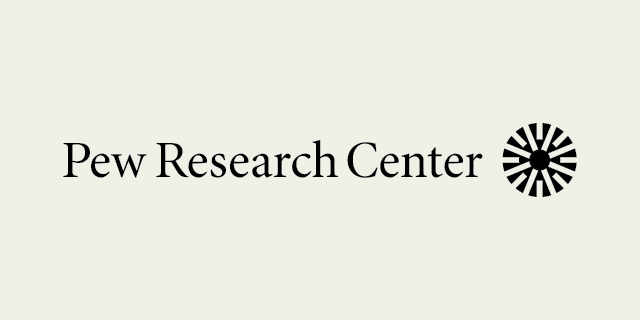
In key ways, writing surveys to assess foreign public opinion parallels how Pew Research Center approaches questionnaire design for U.S. projects. In both cases, Center staff carefully consider question wording, when to ask open- vs. close-ended questions, question order and measuring change over time, all of which can be read about here.
That said, designing questions for domestic and cross-national studies does differ in important ways. Cross-national questionnaires are developed with an eye toward comparability across dozens of languages and cultures. For example, the 2019 Global Attitudes survey instrument was translated into more than 45 languages across 34 countries.
Translation is a multi-step process. For questions asked on earlier surveys, the Center relies on translations used in previous questionnaires in order to maintain comparability of survey data over time. For new questions, Pew Research Center staff begin by submitting the questions to professional linguists. The linguists evaluate each question for ease of translation and make recommendations to guide proper translation. New questions, along with the linguists’ recommendations, are then submitted to local research organizations, which translate the items into the appropriate language(s). Once translations are complete, they are again reviewed by professional linguists, who provide feedback to the translators. Pew Research Center staff are consulted regarding any serious debates about translation, and the Center issues final approval of the translated survey instrument prior to fieldwork. Throughout the translation process, Pew Research Center strives for questions that are comparable at the level of meaning, not simply literal translations of the original English versions.
In addition to being shaped by the translation process, the final cross-national survey instrument that is used in the field is influenced by cultural and political sensitivities. These are more than a matter of politeness. Especially in countries where surveys are administered by interviewers going door-to-door, asking about taboo subjects can expose interviewers and entire research firms to legal or even physical harm. Safeguarding the safety of our local partners is a paramount concern. Pew Research Center has omitted questions due to political sensitivities, such as items about political parties in certain countries. In other countries, the degree of sensitivity associated with a given subject makes it impractical to even field a survey. If the quality of survey data would be compromised if respondents felt uncomfortable or not free to express their opinions, either because of pressure from the authorities or for other reasons, the Center will choose not to field a survey in a given country. These decisions are based on careful assessment of conditions under which face-to-face surveys can be conducted in and in consultation with country experts and local polling organizations.
No comments:
Post a Comment